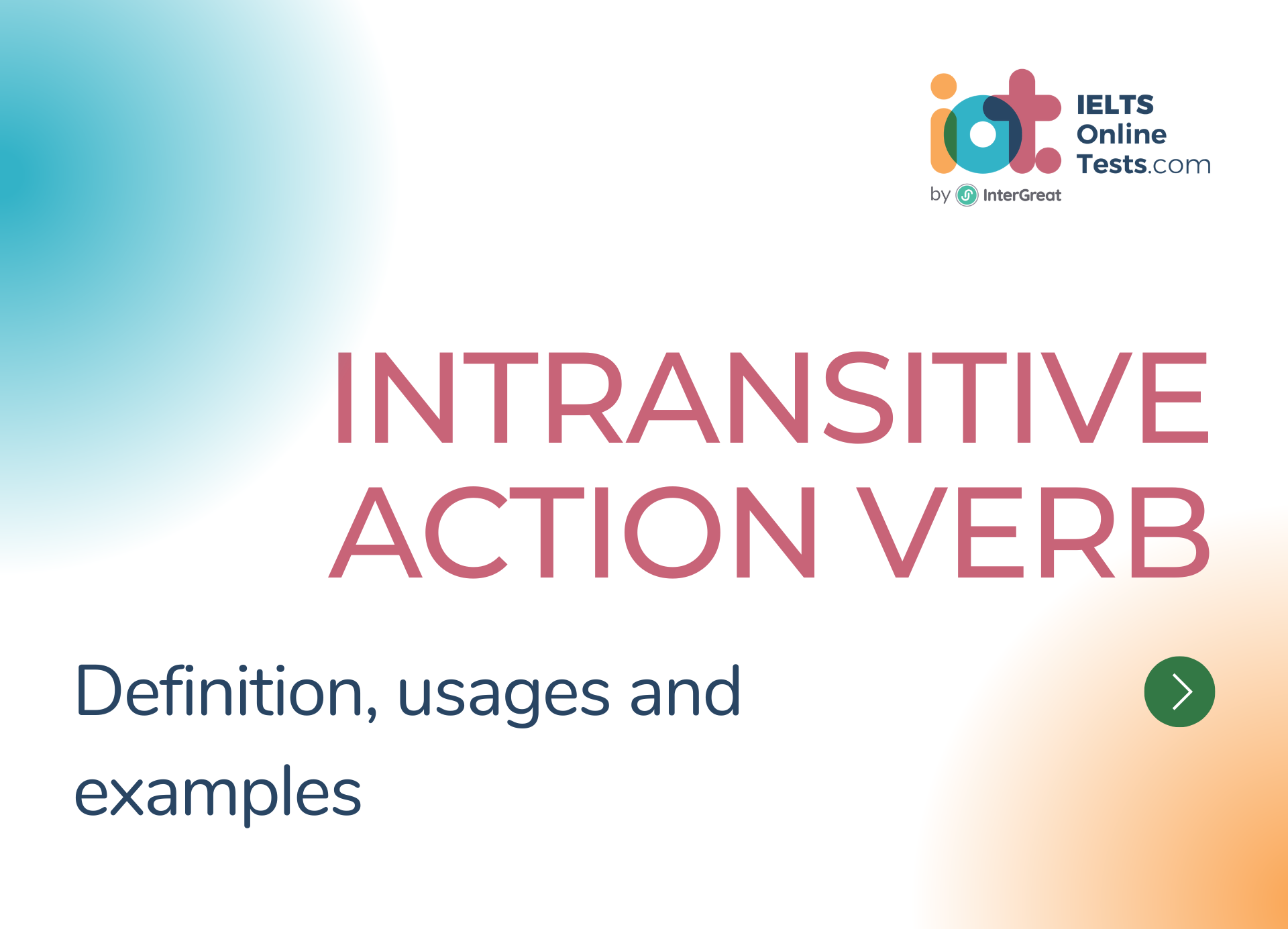
Intransitive action verb definition, types and examples
An intransitive action verb is a verb that does not require a direct object to complete its meaning. It expresses an action or state that does not transfer to an object. Intransitive action verbs stand alone and do not have a receiver or recipient of the action.
Here's a detailed explanation of intransitive action verbs with additional examples:
Intransitive Action Verbs:
- Intransitive action verbs do not require a direct object to complete their meaning. They express an action or state without transferring it to an object.
- Example:
- "She dances gracefully." (The verb "dances" does not require a direct object.)
No Direct Object:
- Intransitive action verbs do not have a direct object because the action is not performed on something or someone.
- Example:
- "He laughed loudly." (The verb "laughed" stands alone without a direct object.)
Common Intransitive Action Verbs:
- Run: "She runs every morning."
- Sleep: "He sleeps peacefully."
- Laugh: "They laughed at the joke."
- Swim: "She swims in the pool."
- Jump: "He jumped high."
Additional Examples of Intransitive Action Verbs:
- "The bird flies in the sky."
- "They arrived late."
- "He sings beautifully."
- "The car stopped suddenly."
- "She smiled warmly."
Intransitive action verbs describe actions or states that do not transfer to an object. They stand independently in a sentence, conveying a complete idea without requiring additional elements to receive the action. Recognizing and using intransitive action verbs accurately helps in constructing grammatically correct and meaningful sentences in English.




